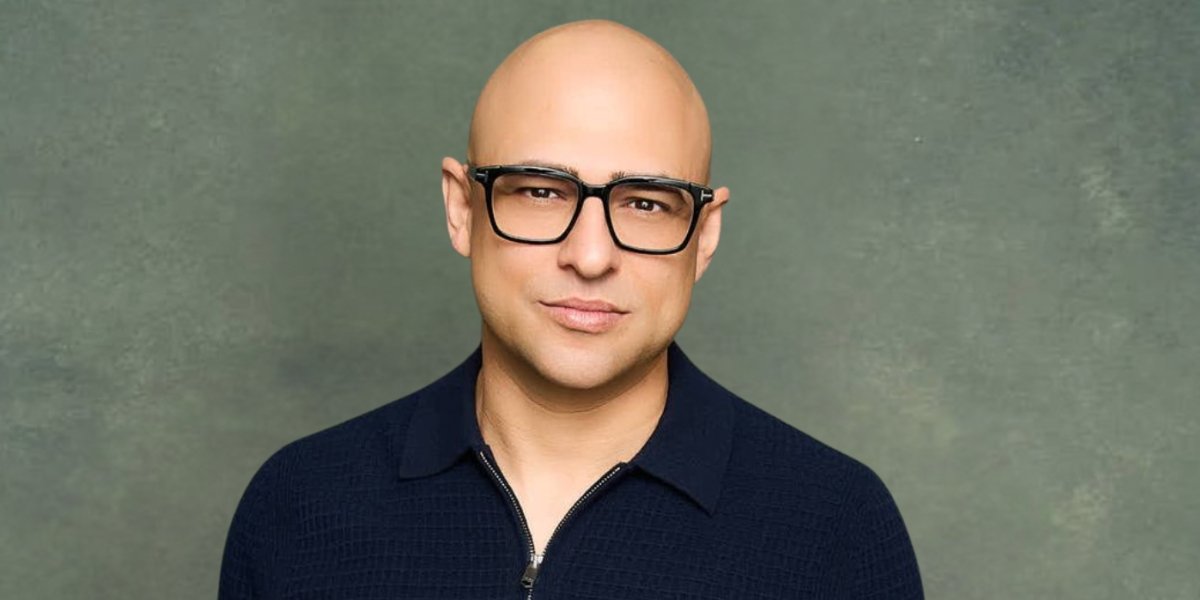The Future of Mental Health Treatment: Innovations in Therapy and Technology
Mental health care is at a transformative juncture, shaped by groundbreaking innovations in therapy and technology. The integration of digital tools, artificial intelligence, and alternative therapeutic approaches is reshaping how people access care, breaking down barriers and reducing stigma. These advancements are not only enhancing treatment effectiveness but also making mental health support more accessible for individuals worldwide. As technology and science continue to evolve, the future of mental health care holds remarkable promise.
How Are Digital Tools Redefining Access to Mental Health Care?
The rise of digital mental health platforms is perhaps the most visible innovation reshaping the mental health landscape. Online therapy apps and telehealth services are eliminating geographical and financial barriers, allowing individuals to access care from the comfort of their homes. For many, this means being able to connect with licensed professionals without the logistical challenges of commuting or navigating lengthy waitlists.
Platforms like BetterHelp and Talkspace have already demonstrated the efficacy of online counseling, offering text, video, and phone-based therapy tailored to individual needs. In addition to convenience, these platforms provide a level of privacy that helps reduce the stigma often associated with seeking mental health care.
AI-powered chatbots and virtual assistants are supplementing traditional therapy by providing round-the-clock support. These tools, such as Woebot and Wysa, use natural language processing to simulate conversations and offer evidence-based coping strategies. While not a replacement for human therapists, they provide immediate assistance in moments of distress, offering a lifeline to individuals who might otherwise feel unsupported.
How Is Technology Enhancing Traditional Therapies?
The incorporation of cutting-edge technologies like virtual reality (VR) and artificial intelligence (AI) is revolutionizing traditional mental health therapies. Virtual reality, for example, is being used to treat conditions like post-traumatic stress disorder (PTSD) and phobias through controlled exposure therapy. By immersing individuals in safe, simulated environments, VR allows patients to confront their fears or trauma at their own pace, guided by trained professionals.
AI is also playing a pivotal role in diagnosing and personalizing treatment plans. Algorithms capable of analyzing speech patterns, facial expressions, and biometric data can help clinicians detect early signs of mental health conditions like depression or anxiety. These tools offer insights that might otherwise be overlooked in traditional assessments, enabling more precise interventions.
Wearable technology such as smartwatches and fitness trackers is empowering individuals to monitor their mental health in real-time. Devices capable of tracking sleep patterns, heart rate variability, and stress levels provide valuable data that can inform treatment plans and encourage proactive self-care. For individuals managing chronic conditions, these tools offer a sense of control and insight into their mental well-being.
What Role Do Alternative Therapeutic Approaches Play in the Future?
While technology is a driving force, alternative therapeutic approaches are also shaping the future of mental health care. Practices like mindfulness meditation, art therapy, and ecotherapy are gaining recognition for their ability to complement traditional treatments. These approaches emphasize holistic healing, addressing the mind, body, and spirit.
Mindfulness-based interventions, for instance, have shown significant efficacy in reducing symptoms of anxiety and depression. By teaching individuals to focus on the present moment, these practices help cultivate resilience and emotional regulation. Similarly, art therapy offers a creative outlet for individuals to express emotions that may be difficult to articulate verbally, fostering self-awareness and healing.
One particularly promising area is the exploration of psychedelic-assisted therapy. Compounds like psilocybin and MDMA, when administered in controlled settings, have demonstrated potential in treating treatment-resistant depression, PTSD, and other conditions. While these therapies are still undergoing rigorous research and regulation, their early results suggest they could offer transformative outcomes for individuals who have not responded to conventional approaches.
How Can Innovations Address the Global Mental Health Crisis?
Despite these advances, the global mental health crisis remains a significant challenge. Millions of people worldwide lack access to adequate care due to factors like stigma, financial constraints, and shortages of trained professionals. Innovations in therapy and technology hold the key to bridging these gaps.
Digital mental health initiatives are especially crucial in underserved regions where traditional infrastructure is lacking. Smartphone apps offering cognitive behavioral therapy (CBT) modules and crisis intervention tools are extending care to populations that might otherwise remain unserved. Similarly, AI-driven tools that automate parts of the therapeutic process can ease the burden on mental health professionals, enabling them to focus on complex cases.
Collaboration between technology developers, mental health experts, and policymakers is essential to ensure these innovations reach those who need them most. By prioritizing accessibility and affordability, the future of mental health care can be one where no one is left behind.
A Brighter Future for Mental Health Treatment
The future of mental health care is an inspiring blend of human compassion and technological innovation. Digital tools, immersive therapies, and alternative approaches are transforming how care is delivered and experienced, offering hope to millions of individuals worldwide. While challenges remain, the advancements being made today lay the groundwork for a more inclusive and effective mental health system.
By embracing these innovations and continuing to invest in research and accessibility, society can move closer to a future where mental health care is not a privilege but a universal right.








